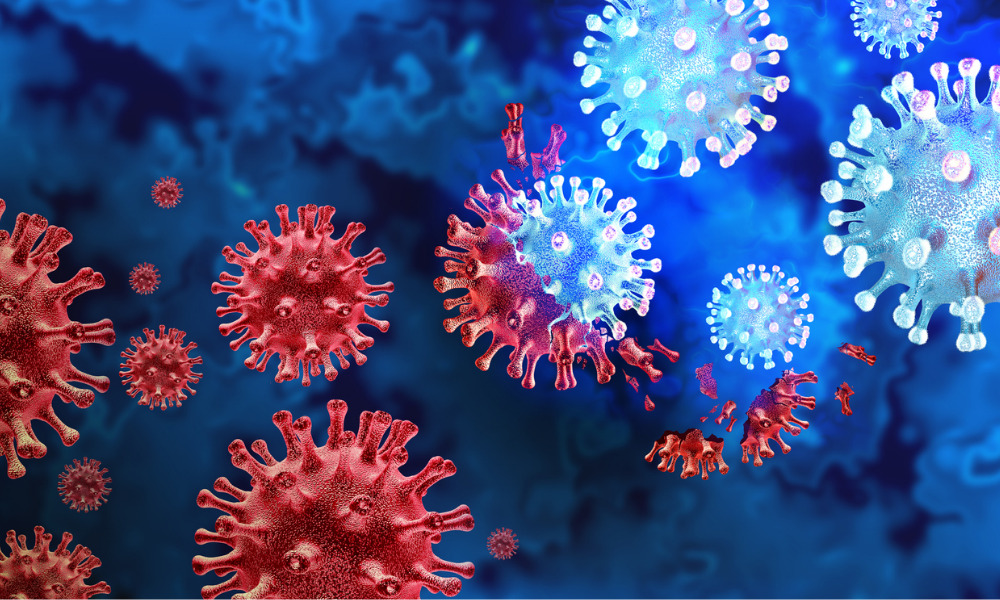
Changes to testing and isolation periods for employees announced

New Zealand has finally revealed a three-phase plan following the entrance of the Omicron variant in the country, which will see changes in testing and isolation periods for critical workers. Associate Health Minister Ayesha Verrall unveiled the plan on Wednesday, which she said could change depending on the number of cases over time.
"We are setting out the changes ahead of large case numbers to give people a clearer idea of what to expect and what they need to do at each phase," said Verrall in the announcement.
The first phase, which New Zealand is currently under, seeks to stamp out the transmission of Omicron in the community, according to Verrall.
"Broadly speaking, that includes the same contact tracing, isolation, and request that everyone who is symptomatic be tested at a community testing station or at a primary health provider," she explained.
Current isolation duration for COVID-positive cases is set for 14 days, including the 72 hours of symptom-free testing. Close contacts are also expected to isolate 10 days from last exposure, with tests on the fifth and eighth day of isolation.
"Our objective is to keep cases as low as possible for as long as possible to allow people to be boosted and children to be vaccinated without Omicron being widespread," said the associate health minister.
The country moves to second phase should cases continue to increase, with the government's goal shifting to slowing the spread and protecting the vulnerable communities.
"The system will be adjusted to focus much more on identifying those who are at greater risk of severe illness from Omicron - which will be a smaller percentage of cases," said Verrall.
"In Phase Two, we will reduce the isolation period for cases to 10 days and contacts to seven days in line with best practice overseas," she added.
It is also during this phase where New Zealand will implement a "test to return to work" policy, where asymptomatic contacts in critical workers will only need a negative rapid antigen test so they are allowed to report to work.
Read more: NZ's first Omicron community exposure will not face police — ministry
Verrall said the policy will cover healthcare workers and those in food supply and infrastructure who are "key to our responses to COVID-19" and in ensuring that New Zealanders get the services they need.
"Rapid antigen tests (RATs) will be integrated into our testing system at this phase and will work alongside PCR tests," noted Verrall, adding: "They will be useful when the laboratories cannot provide PCR results within a useful time frame because of large volumes or because of transport delays."
The third phase will see the same "test to return to work" policy for asymptomatic contacts in critical workforces, according to Verrall. However, contact tracing will be different where the definition of contacts will "change to household and household-like contacts only."
"This will mean the highest risk contacts will need to isolate," said the associate health minister. "Supported self-service, rapid antigen testing for diagnosing COVID and a self-service tool to enable identification of high-risk contacts will be significant to respond to the high volumes of Omicron cases.”
The country will move only to phase three when cases are already in thousands, according to the official.
"Our plan is simple – get boosted, wear a mask, follow basic hygiene rules we've become so familiar with and reduce contact as much as is practical," she said.
New Zealand was placed on Sunday at “red” setting due to a sudden emergence of Omicron cases. According to Prime Minister Jacinda Ardern, the three-phase Omicron plan is unrelated to the imposed traffic light system.